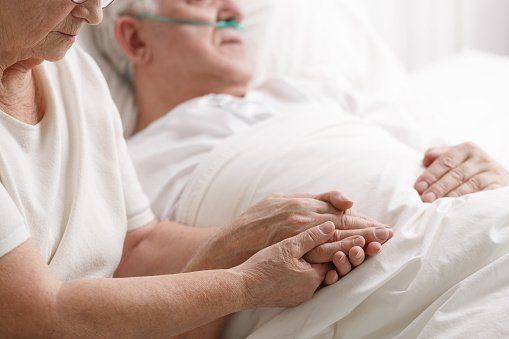75% of caregivers do not outlive the person that they're caring for. Do you have an emergency action plan in place?
Through the coronavirus crisis we all find ourselves in, the number of caregivers without an emergency action plan that have had to deal with crisis situations has made it clear that many caregivers are unprepared for the day that an unexpected crisis knocks on their door. While our future is uncertain as to how COVID-19 will resurface and affect our healthcare systems and facilities. The Tricounty Caregiver Resource Center will be hosting monthly workshops once the quarantine restrictions have been lifted, however affected immediately we will be offering one on one consultations for this exact purpose: sitting down and putting together a plan A, a plan B, and if all else fails, a plan C. We are educating caregivers on how to navigate the healthcare system with the new rules that apply for COVID-19, and all of the benefits and advantages of being proactive and having some resources in place. Please know the sobering statistic that over 67% of caregivers do not outlive the person that they are caring for, and as a caregiver, it is your responsibility to make sure that your loved one will have some of these resources readily available in the event you are unable to provide such care. Having these difficult conversations can alleviate a significant amount of stress for your loved one knowing that you are being proactive. Most people who are dependent on a caregiver sit awake at night, their last thoughts being "what's going to happen if..." and "what's going to happen when..." Let us help you answer those questions.

